This dietician warns of one major issue with American diets. Here are her 4 tips to fix it
We are stress eating. Here’s what could help us stop.

Between stocks causing panic about financial security, disease outbreaks looming in the background, and return-to-work mandates pushing people back into the office, Americans are more stressed than ever—something particularly evident earlier this year when the U.S. dropped to its lowest position on the annual World Happiness Report for the first time in the list’s history.
And what do we do in times of stress? Mindlessly nibble on salty and sugary snacks, of course.
A recent report from the Mondelēz International snack manufacturer, in fact, found that 81% of consumers surveyed snack to escape stress and find quiet moments to themselves—a nearly 10% increase from 2023. Millennials and Gen Zers are the most common snackers of the bunch, according to the report, and nearly 75% would rather snack all day than eat three full meals.
Such “emotional snacking,” says Tara Schmidt, a lead dietician of the Mayo Clinic Diet, is a habit familiar to us all.
“I would describe it as eating in response to a negative emotion, or a negative emotion triggering eating,” she tells Fortune. “The rationale behind it can be anything from desiring a distraction to seeking comfort to searching for a bit of a dopamine or happiness boost … We end up seeking a reward that's typically given to us by food.”
But before being too hard on yourself about the habit, consider that doing so can exacerbate the issue (plus, snacking can be a healthy way to listen to hunger cues throughout the day).
Below, Schmidt offers tools to help you curb your mindless snackig and feel more energized.
Identify the “why” behind your snacking
Maybe you tend to snack to calm nerves before a work meeting or while reading the news. Identifying when you reach for the bag of chips can help you be more mindful about what you need. Are you hungry, or has snacking merely become a routine?
“Understanding the trigger for emotional snacking is the first step to stopping the habit,” Schmidt says. “If you don’t know your trigger, you can’t decide on a different response.”
Before a work meeting, for example, what you may really need is a filling breakfast with protein and fiber (as research suggests a nutritious breakfast helps stave off hunger throughout the day and can improve overall health).
But when you’re stressed—and, if you can realize, not hungry—what you may actually need is to listen to a great podcast or call a friend.
If you can close the fridge and go call your best friend, Schmidt says, ”you're going to leave that phone call the same as you would have left your snack, ideally with that positive reward.” And if you are truly hungry, then you know it’s time for a nutritious snack or meal.
Change your setting
Often we snack when we have food at our fingertips, whether out of boredom or for a quick dopamine hit. If we walk outside or change our environment, those cues disappear.
“If you have an office with a candy bowl on your desk, you are more likely to consume that candy than someone who has a desk without a candy bowl,” Schmidt says.
Further, she adds, “If you know that you need a break, a happiness break, a sleep break, or a stress break, don't do it in the kitchen.”
Eat mindfully
Establishing mindfulness is a popular tool for establishing a healthy relationship with food. It means enjoying and savoring the flavors over shoveling in food in a rush. And while diets focus on types of food and restriction, mindful eating doesn’t demonize one food over the other. Instead, it helps people practice portion control and awareness by slowing down and being in the present moment.
“We engage in a lot of mindless eating, or eating without tasting our food. Sometimes we forget to chew our food. We're not smelling it. Your meal is gone, and you don't really remember eating it,” Schmidt says.
A research paper on mindful eating, published by the American Diabetes Association, suggests asking yourself the following: “Before reaching for something automatically, stop and take a moment to notice what you are feeling and what you might want to fill you up. Are you stressed, bored, angry, or sad? Are you lonely? Or, are you actually physically hungry? Be mindful of your reactivity and make a choice instead.” When you’re hungry and begin eating, it adds, you can pay attention to the flavors of the food. “After each bite, check in with your body to see how you are feeling. Have you had enough? Do you need more? Is it time to stop? Then move on to whatever you have chosen.”
Schmidt says you’re more likely to leave your meal satisfied and without guilt when you can slowly enjoy it in the present moment.
“No matter the rationale behind your eating, practice mindfulness,” Schmidt says. “Put away other distractions and enjoy each bite.”
Switch up the snack you start with
For someone trying to break the emotional eating habit, try experimenting with more nutritious snacks first and see how that feels. Often, the snackiest snack foods aren’t filling (hello: chips, cookies, and crackers) and leave us hungrier after.
Start your snacking experience with something filling, like a protein or produce that can boost your feeling of satiety and sustain your energy, Schmidt says. Some good examples include hummus and raw veggies, or yogurt and fruit.
Snacking, says Schmidt, is not something to overhaul completely. But for those who feel they are emotionally snacking and want to work on healthier habits, these tips can help.
“What we want to help people do is bring awareness to it,” she says. “I'm fully aware that I don't eat chips and salsa and drink margaritas with my girlfriends because of their nutritional value. But, I'm also fully aware. And then you can talk about how often you do that and how much you consume, and if there's a way to do it healthier, and I'm fully aware of what I could adapt and what I mindfully choose not to change.”
For more on nutrition:
- 5 health benefits of the Mediterranean diet, according to science
- 3 eating habits that could help you age well—and 4 that don’t
- Top nutrition expert shares the No. 1 mistake he sees in American diets
- Eating your meals at these exact times could boost your energy levels and prevent chronic disease
This story was originally featured on Fortune.com





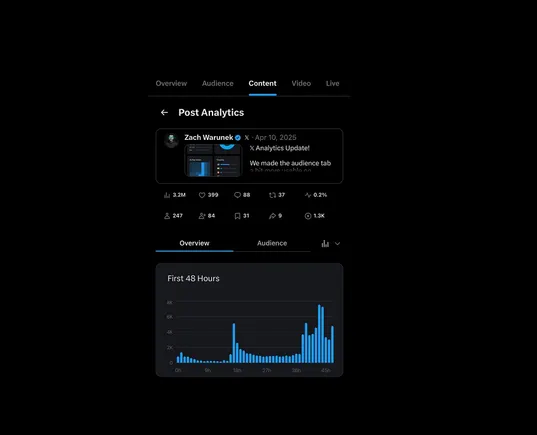

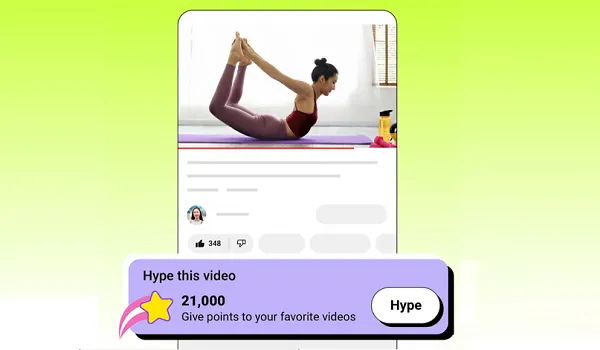





























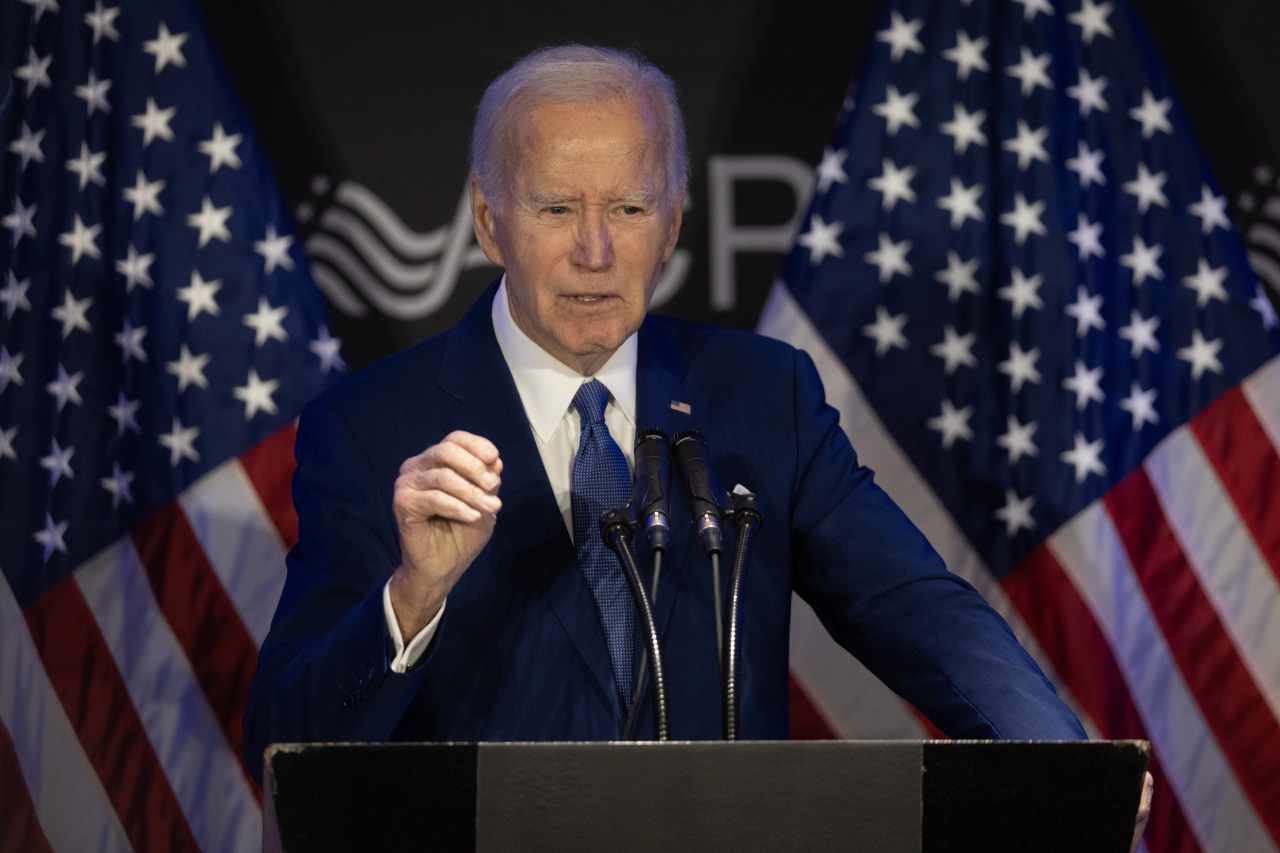




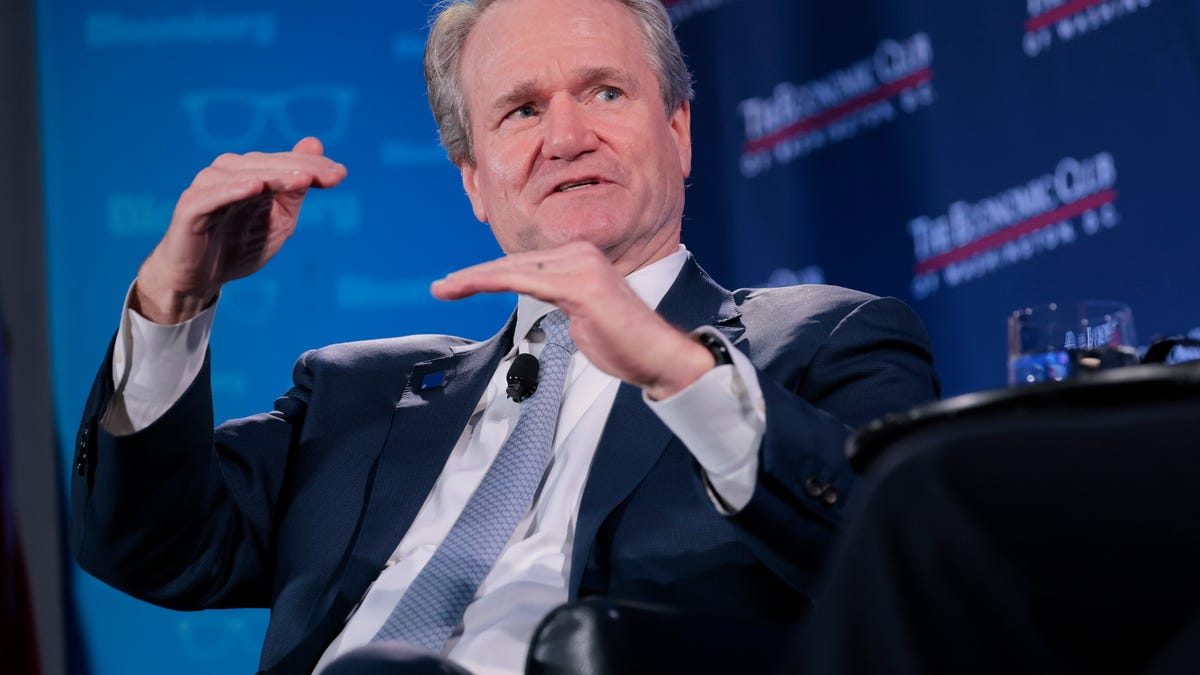






























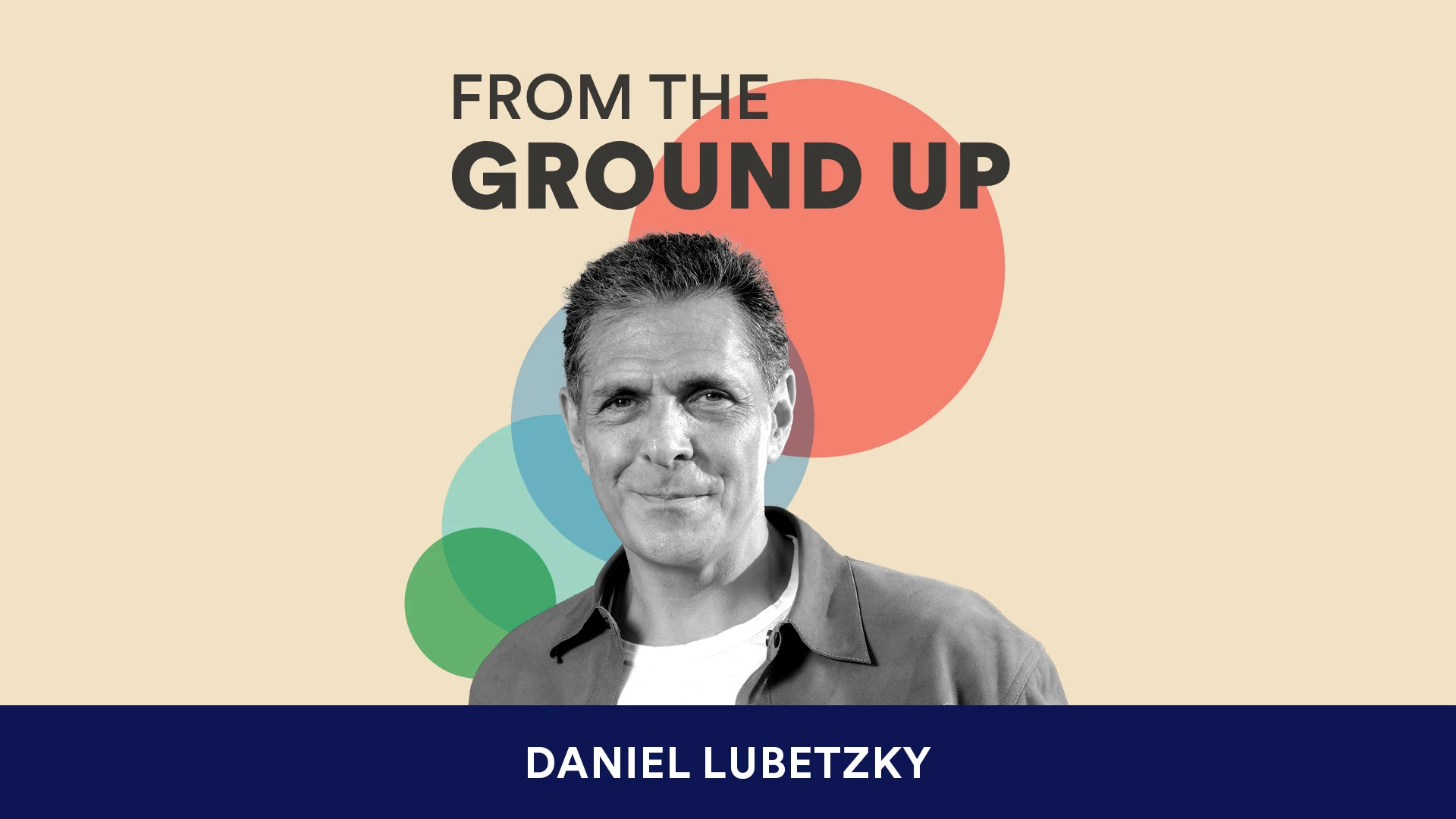







































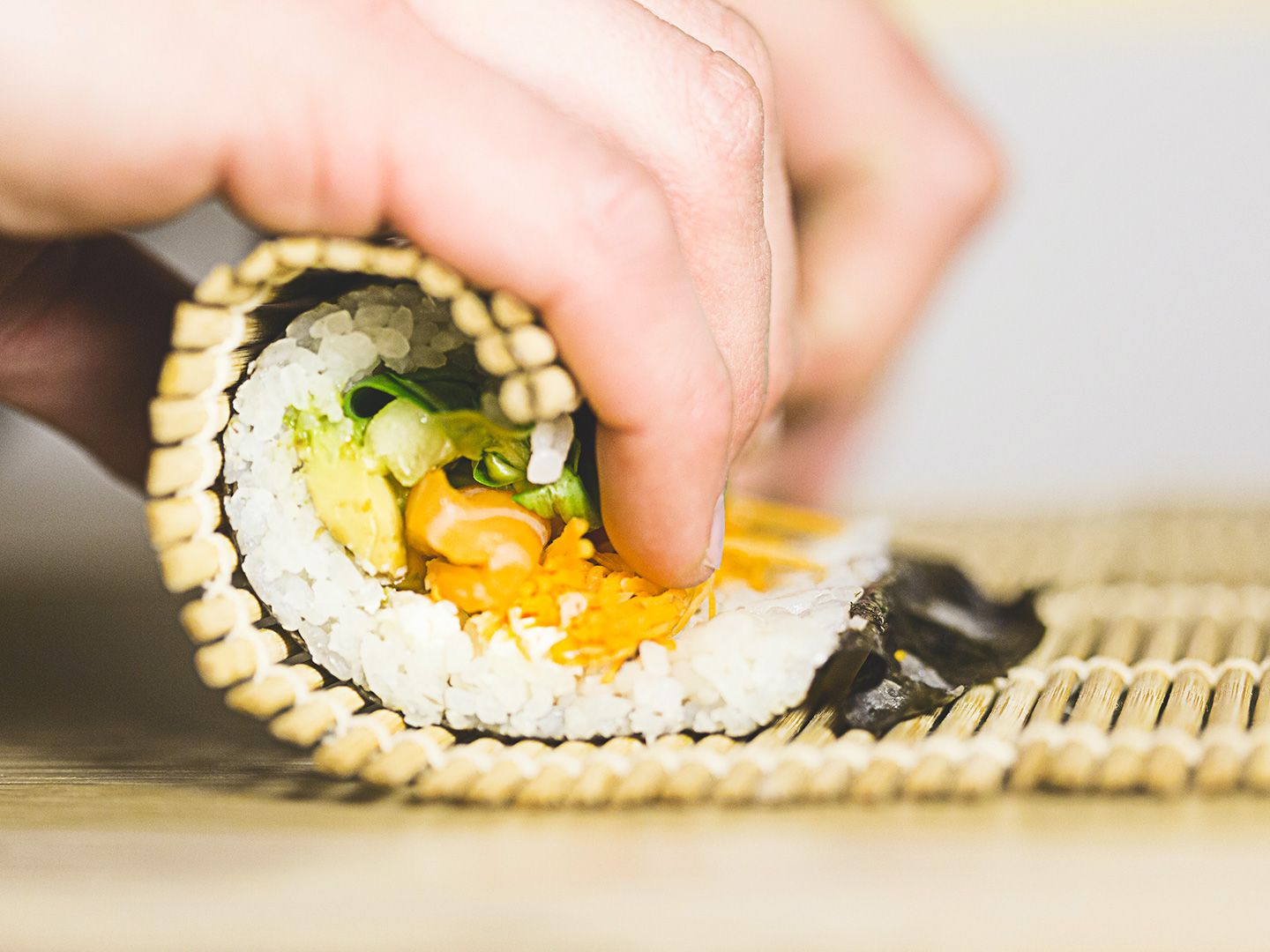


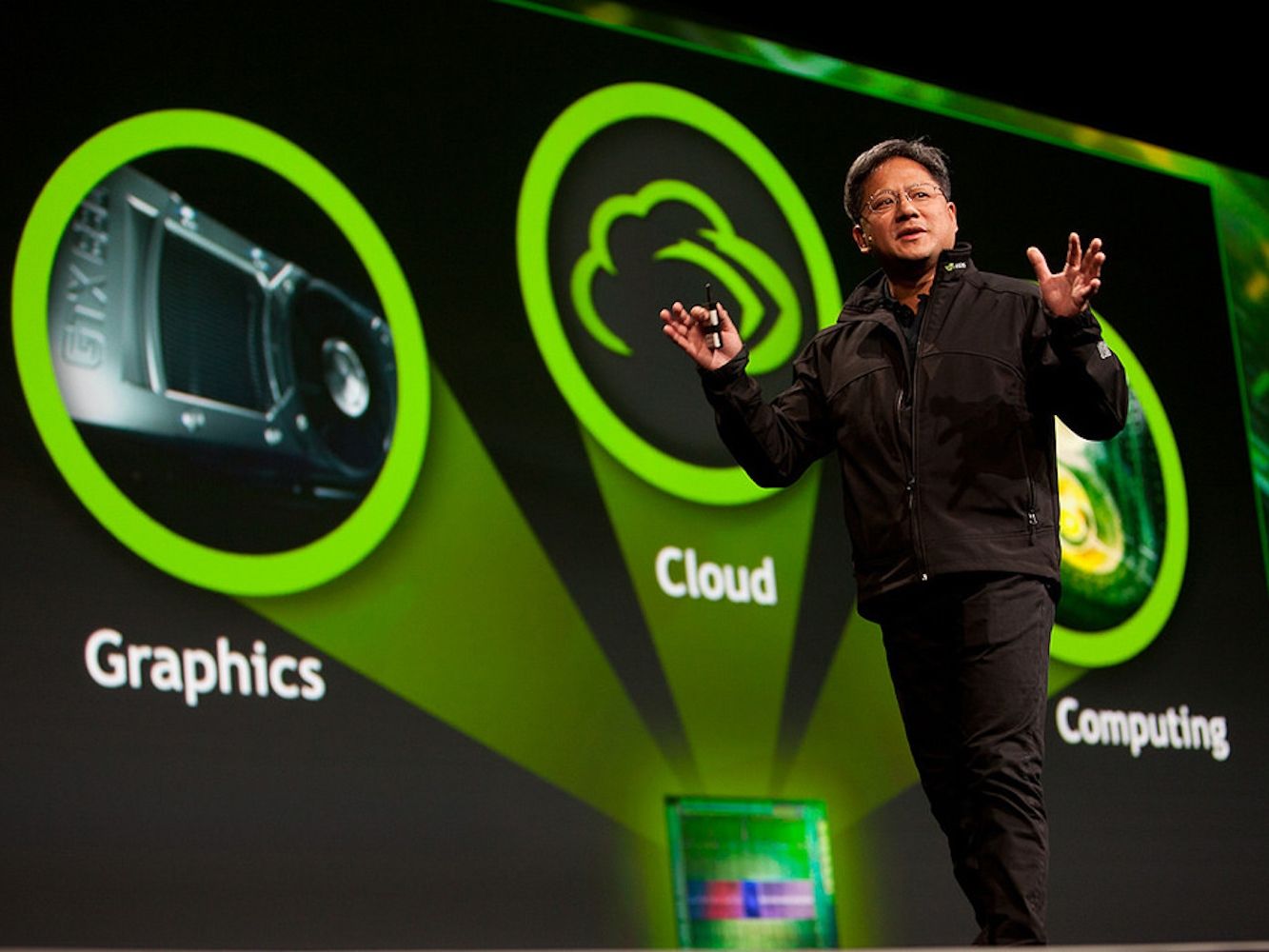



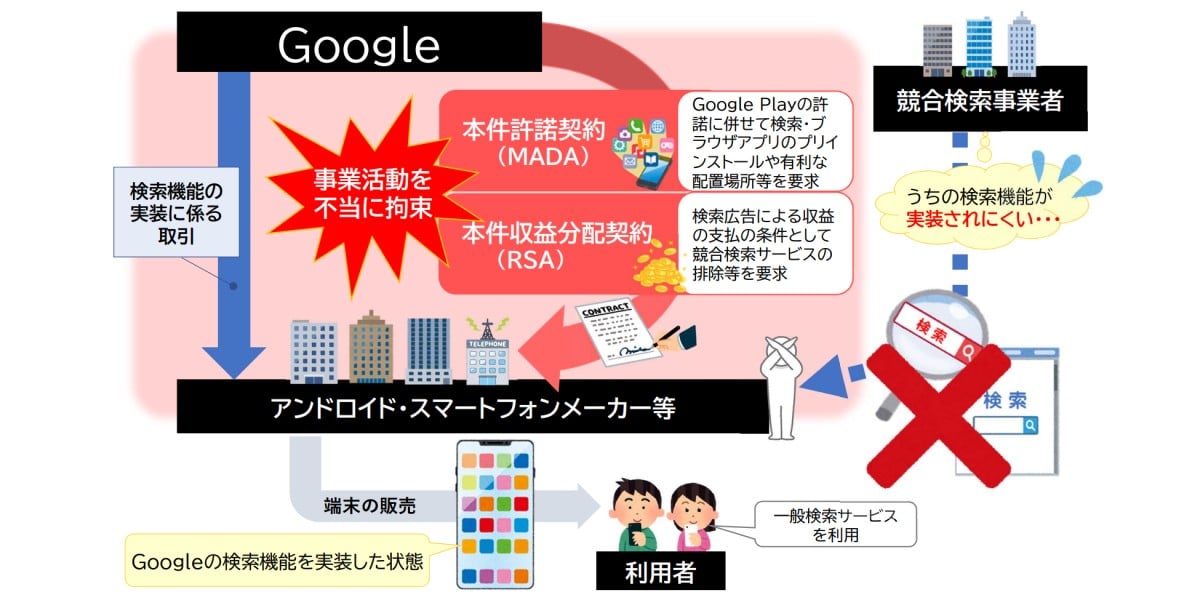












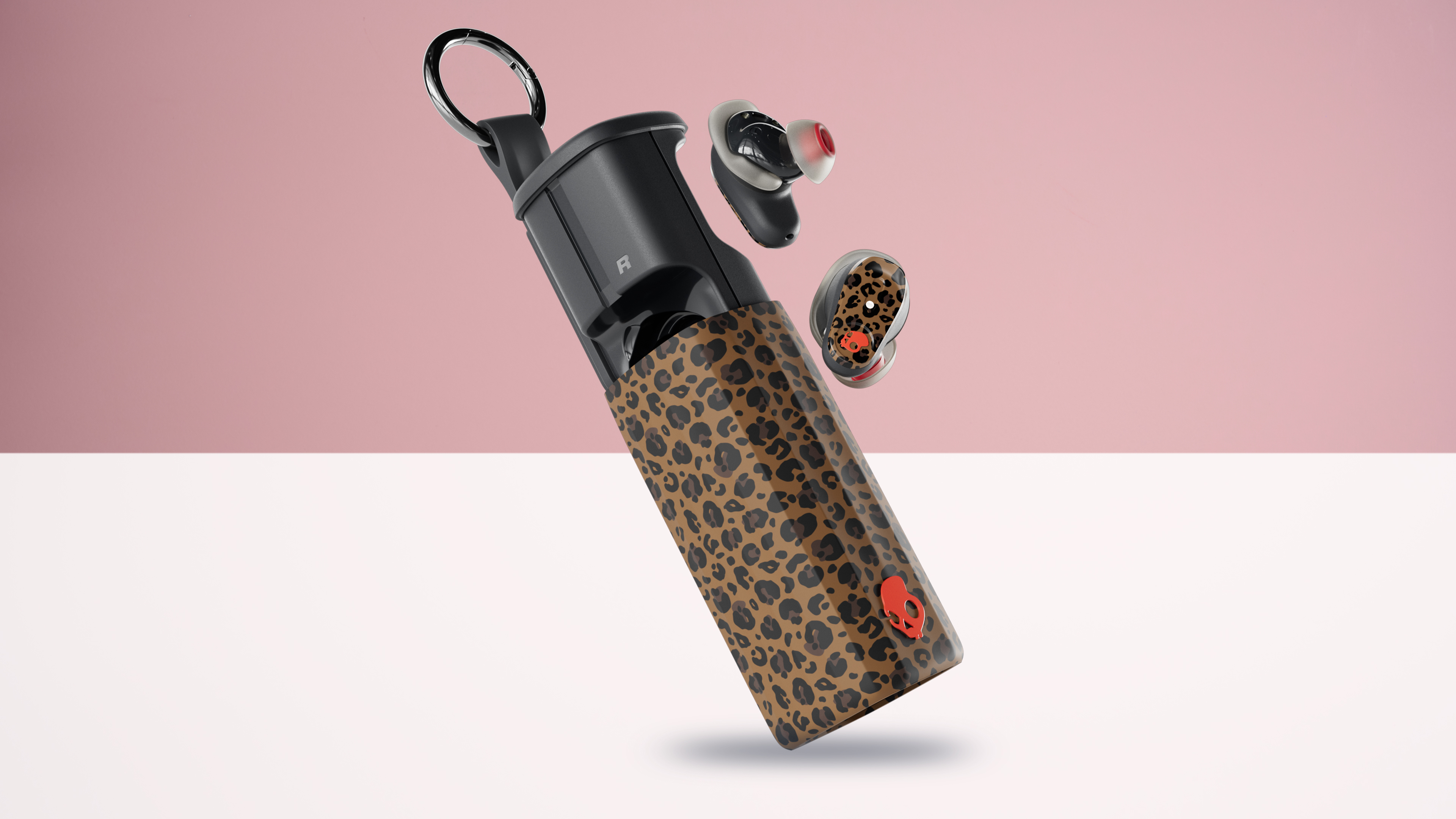

















































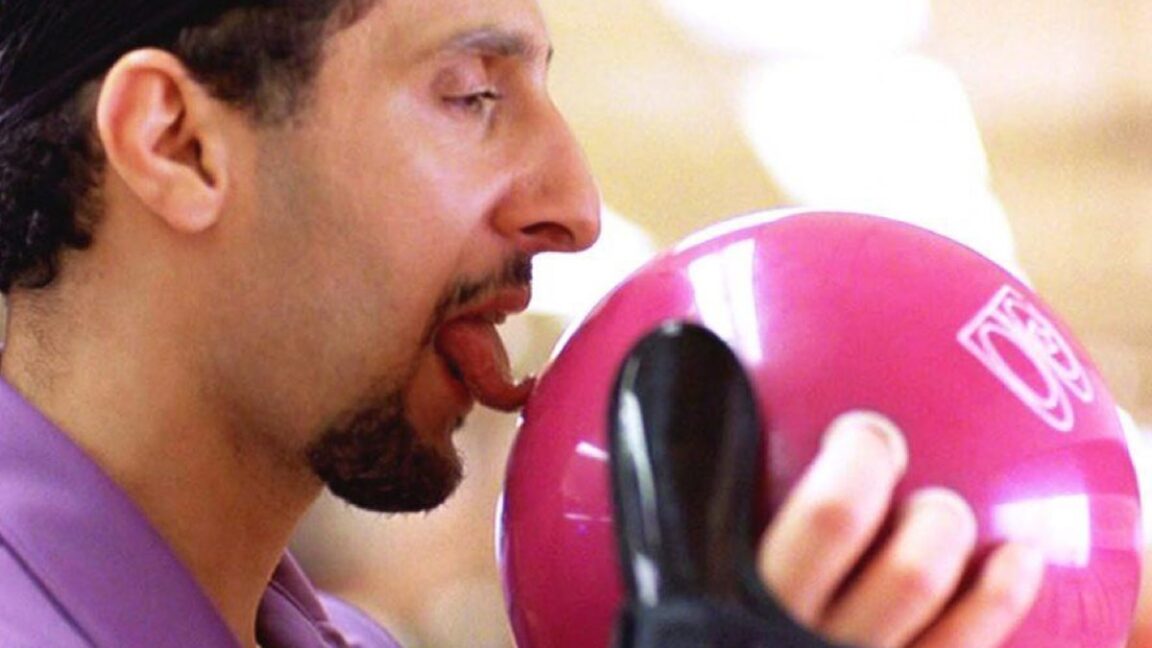




![How to Find Low-Competition Keywords with Semrush [Super Easy]](https://static.semrush.com/blog/uploads/media/73/62/7362f16fb9e460b6d58ccc09b4a048b6/how-to-find-low-competition-keywords-sm.png)



